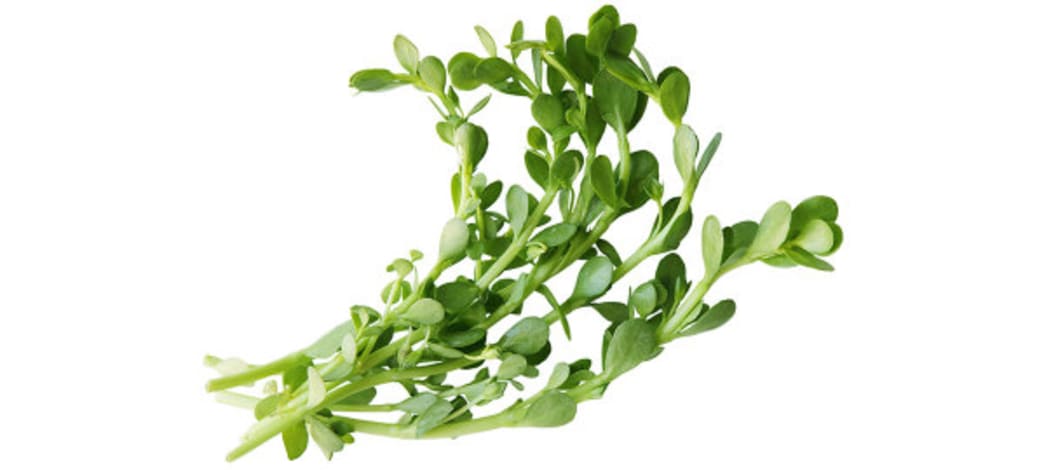
Guide to Adaptogenic Herbs
How do adaptogens work?
Adaptogens aren’t like other herbs; they have a specific mode of action that involves normalizing physiologic functions and restoring the body to equilibrium. The term was first used by Russian researchers in 1957 to describe substances that increase the “state of non-specific resistance” in stress. The definition was later expanded to include compounds that are safe and normalize body functions and strengthen systems compromised by stress.
This specific class of herbs works in part by influencing the hypothalamic-pituitary-adrenal (HPA) axis, a neuroendocrine system that controls the body’s response to stress and regulates energy, immunity, digestion, mood, emotions, and other physiologic processes. More recent research has found that adaptogens also protect mitochondria, the parts of the body’s cells that create energy, from the effects of the stress hormone cortisol.
Because adaptogens influence the body’s innate physiology, they can take time to work—and they shouldn’t be used indiscriminately. Start with one or two adaptogens that target a specific condition or need, and give them time; with the exception of energizing adaptogens like ginseng, cordyceps, and rhodiola, you may need at least two weeks to start noticing effects. And if you use adaptogens daily, take periodic breaks; some research suggests these breaks also enhance the ability of adaptogens to work better. Generally, a pattern of three weeks on, one week off, is recommended.
So which adaptogens should you take? Here’s a guide to the most popular of these potent herbs, and the conditions they best address:
Adaptogenic herbs for cognitive function and brain health
Bacopa Monnieri
From an herb traditionally used in Ayurvedic medicine to treat a variety of conditions, has been shown to enhance cognitive function, improve memory and recall, and protect against age-related neurodegeneration, dementia, and cognitive decline.
Rhodiola Rosea

From a perennial flowering plant native to Europe, Asia, and North America, influences the neurotransmitters serotonin and dopamine, improving mood, energy, memory, and the ability to concentrate. It may also help combat mental fog, boost mental performance, and enhance focus.
Lion’s Mane

A mushroom used in traditional Chinese medicine, contains compounds called hericenones and erinacines, which have neuroprotective and cognitive-enhancing effects. Some studies suggest that lion’s mane boosts proteins that are needed for the growth, maintenance, and survival of neurons. Lion’s mane has also been shown to treat anxiety and depression.
Adaptogenic herbs for stress and adrenal fatigue
Mucuna Pruriens

From a tropical legume native to Africa and Asia, is high in L-dopa, a precursor to dopamine—a neuro-transmitter that plays a role in executive function, motivation, and arousal. Studies show that Mucuna pruriens eases psychological stress and ease depression, a common side effect of adrenal fatigue. It’s also been shown to improve fertility in men and protect against Parkinson’s disease.
Schisandra

Which is also known as wu wei zi in traditional Chinese medicine, comes from a woody vine native to northern China. It’s used to treat stress and physical exhaustion, and studies show that it can reduce cortisol and protect the adrenals. Schisandra also has powerful immune-supportive effects and benefits the cardiovascular and respiratory systems.
Adaptogenic herbs for energy, stamina, and endurance
Ginseng

An adaptogenic root used for thousands of years in traditional Chinese medicine, is a potent energy tonic that enhances endurance, reduces mental and physical fatigue, and improves physical and cognitive performance. The active compounds in ginseng, ginsenosides, have also been shown to impact the central nervous system and offer protection against Alzheimer’s, Parkinson’s, depression, and other neurological disorders.
Cordyceps

A fungus that grows on the bodies of caterpillars (modern versions are grown on grains, so they’re vegan), is used to enhance energy and stamina, and has been shown to improve tolerance to high-intensity exercise. It’s also an anti-inflammatory with immune-enhancing effects.
Adaptogenic herbs for depression, anxiety, and mood
Ashwagandha

An herb native to Asia and southern India, is traditionally used in Ayurvedic medicine to support the nervous system, enhance immune function, and improve the body’s response to stress. Studies show that ashwagandha significantly reduces cortisol levels, eases depression, balances mood, and lowers stress and anxiety. Because it’s a member of the nightshade family, people who are sensitive to nightshades should avoid ashwagandha, or use it with caution.
Adaptogenic herbs for immunity
Chaga

From a fungus that grows on birch and other trees, has antiviral, antibacterial, anti-inflammatory, and immune-supportive properties. It contains powerful anticancer compounds, and some studies show it can suppress tumor progression and reduce DNA damage by up to 40 percent.
Astragalus

From the root of a perennial plant in the pea family, has been used in Chinese medicine for thousands of years to improve immunity, reduce stress, and treat heart, liver, and respiratory conditions. Studies show that it can inhibit the growth of viruses, activate the immune response, inhibit tumor growth, and protect against lung, gastrointestinal, and other cancers.
Turkey Tail

Is an adaptogenic mushroom known for its potent antiviral and immune-enhancing effects. It’s high in polysaccharide compounds that have been shown to help improve immune function, ward off viruses and other pathogens, and protect against various forms of cancer, especially breast and colorectal cancers.
Herbs for Sexual Health and Vitality

Maca Root

From a Peruvian plant that’s related to radishes and turnips, is traditionally used to promote fertility and increase sexual desire and performance. Studies show that it can improve sperm quality, enhance libido, and relieve sexual dysfunction in women taking antidepressants. It’s also been shown to support immune function, boost physical performance, and reduce fatigue.
Muira Puama

Or “potency wood,” comes from the roots and bark of a tree native to Brazil. It’s traditionally used as a tonic to treat a variety of conditions, including sexual dysfunction, hormonal imbalances, and lack of sexual desire. Studies show that muira puama in a combination herbal formula improved erectile dysfunction in men, and increased sexual desire and enhanced ability to achieve orgasm in women.
Written by Lisa Turner for Better Nutrition and legally licensed through the Matcha publisher network. Please direct all licensing questions to legal@getmatcha.com.
